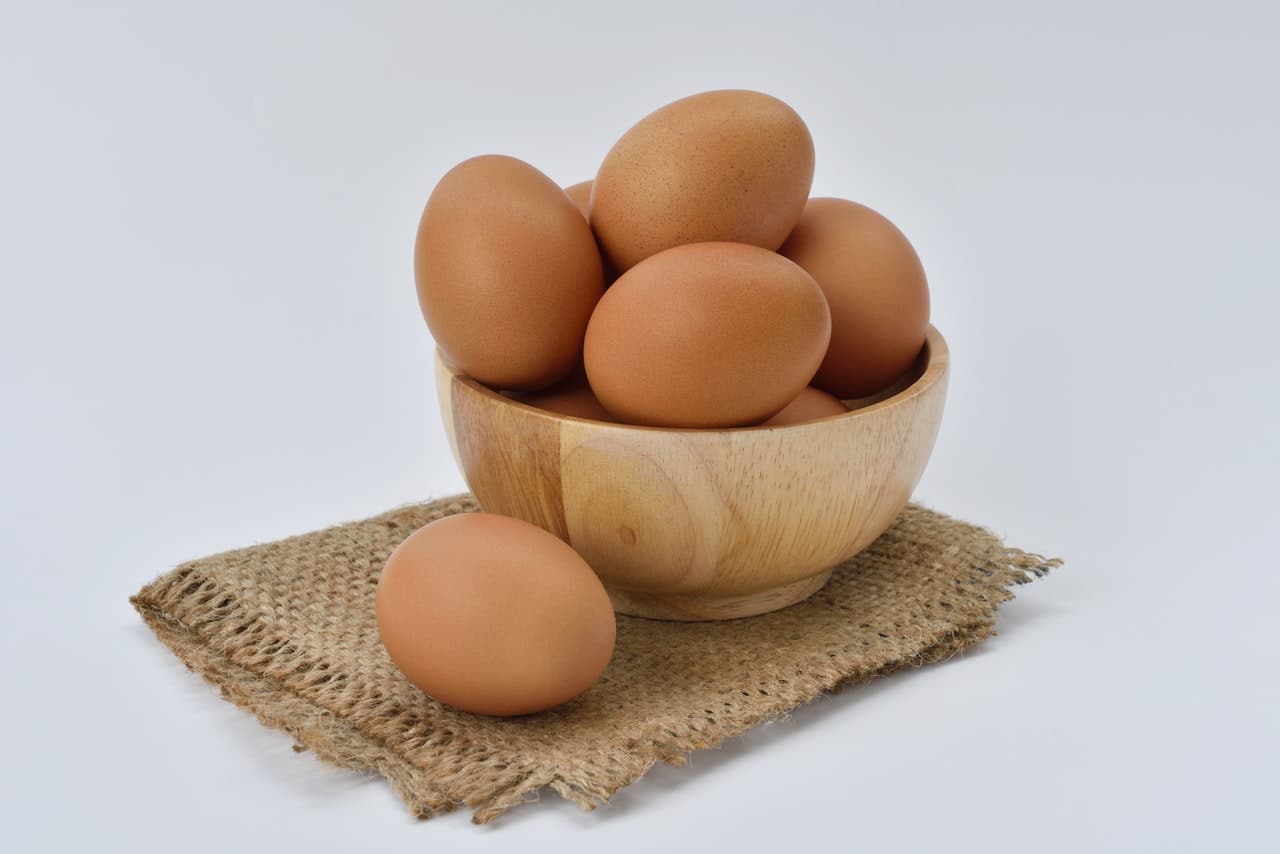Every day, people around the world eat millions of eggs because eggs remain one of the cheapest sources of protein and fat. Whatever country you may be living in, people likely consume eggs regularly, especially in the morning, where people need a fast and quick way to gain calories and protein for the work ahead. That’s why it is so important to know if the eggs you have at home are still fresh and if they are still safe to eat.
How to know an egg is fresh?
Do bad eggs smell?
This is likely the first sign that you will encounter when you come across bad or rotten eggs. The smell is from the decaying yolk and egg white inside the egg. If your eggs smell bed, there is no alternative, and you need to throw them away as you open and inspect them. Usually, this happens when the eggs are too old and have been stored for weeks in a warm spot in the house, or if you purchased eggs that have already been in storage for a long time.
Are floating eggs bad?
One of the methods that we use to tell if eggs have gone bad is the water test. For this method, you will need a tall glass of water. Place the egg in the water and see if it floats. Eggs that are old and probably rotten or stale will float to the surface of the glass.
Farm fresh eggs that have not spoiled yet will rest on their side at the bottom of the glass. Eggs that have slightly aged but are still edible will stand upright at the bottom of the glass.
If your eggs keep floating, you can consider the entire batch of eggs bad, and it is probably best to just discard them and buy new eggs.
How can you tell if organic or farm-fresh eggs have gone bad?
There are several other methods to determine if eggs have gone bad. In addition to the water test, which takes advantage of the science of the eggshell (older eggs have more porous shells, which allows air to enter the eggs), some other tests also give consistently good results.
The second method that we’d like to teach you is the shake test. Hold the egg near your ear and give it a good shake. If you hear sloshing within the eggshell and if you feel low of small movements within the egg, the egg has probably gone bad. The science behind this is ingenious: fresh eggs have stable yolks and whites, so it is not likely that these eggs’ yolks will slosh around inside like water. Instead, they’re going to feel mostly solid and firm inside. If you get this result, congratulations, the eggs in your store are still fresh and fine for cooking.
Let’s say that you want to use your sense of smell to check out your stock of fresh farm eggs at home. How exactly do you do this? When you crack an egg, bring it close to your nose and check the smell. Fresh eggs don’t smell of anything. If you smell any grassy or sulfuric notes outright, there’s something wrong with your eggs, and you probably should discard them. There will be no situation when eggs that smell will be okay for consumption.
The next method is a visual inspection of the egg once it has been cracked. Fresh and healthy eggs will have bright orange or even reddish-looking yolks that don’t break when you pour the contents of the egg into a bowl or pan. Fresh egg whites, on the other hand, will bunch around the egg yolk, and they will exhibit firmness, with no odors and weird colors. If you observe the egg whites spreading farther than usual when cooking them, the eggs may be nearing their expiration. Before their expiration, however, you can still hard-boil them and make pickled eggs. Pickled eggs are a healthy snack, and your family will love them for sure. Pickling is a wise way to conserve egg stocks if you purchased too many.
And finally, there is no harm in checking the best before the date indicated on egg cartons, if you buy your eggs from the supermarket. Take note that your method of storing eggs will affect the longevity of fresh eggs.
Raw whole eggs in the refrigerator can last for up to five weeks, while open, slightly beaten eggs will last in the fridge for up to two days. Hard-boiled eggs (in a shell) can last for up to one week in the fridge, while opened hard-boiled eggs should be consumed on the same day for best results.
What happens if you eat a bad egg?
Eggs, like other kinds of food, can become contaminated once they are after their “best before” date. Therefore, a bad egg can surely become the source of foodborne illness, like salmonella. If you ate a contaminated bad egg that is past its freshness, you would likely experience symptoms of food poisoning six to eight hours after the consumption of the contaminated eggs. This is why it’s so important for consumers to be aware of the best practices when handling, storing, and cooking eggs, to avoid such a scenario.
Bacteria can get into eggs through small cracks in the shell. As eggs age, the shells become more porous, and therefore, more likely to accept bacteria from the outside environment. Bacteria like salmonella can thrive in the worst of environments, so, likely, and they’re just hanging around eggs, waiting for the eggs to spoil and finally let them in. Take note that both cooked and raw eggs can become contaminated. Hard-boiled eggs are just as likely to develop pathogens as fresh eggs.

